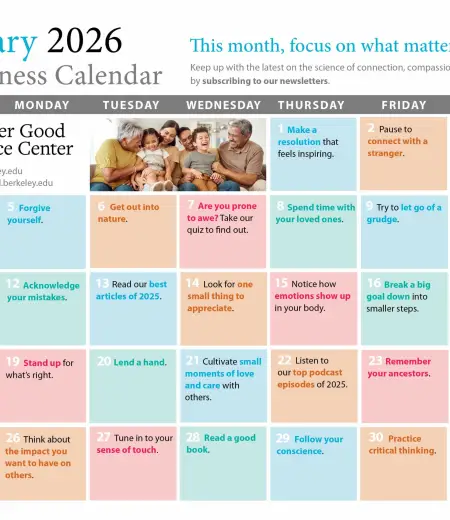As Frans de Waal notes, it makes evolutionary sense that we more readily identify with—and feel more protective toward—people who seem like more immediate members of our family and community.
What’s more, unbounded, unconditional empathy could jeopardize a person’s mental or physical health. If we truly felt the pain of everyone we encountered, we’d likely be incapacitated by emotional grief. This seems especially true for members of “helping” professions, like teachers, police officers, and physicians. “It is tremendously satisfying to just connect and feel for and with a patient,” said Eric Larson, the director of the Center for Health Studies at the Group Health Cooperative in Seattle. “But on the downside, it’s work. And like all kinds of work, it can be done well and constructively, or it can be done to extremes.” In a recent article in the Journal of the American Medical Association, Larson argues that empathy is so important to high-quality caregiving that medical students and residents should receive long-term training in how to perform this “emotional labor.” If they’re not trained properly in how to manage their emotional workload, he says, they risk burning out. “For physicians, this could lead to cynicism and real job dissatisfaction,” he said. “People leave the field because they feel it’s just too much work.” Under certain conditions, forms of empathy could jeopardize nonprofessional relationships as well.
In a study of married couples, Texas A&M University psychologist Jeffry Simpson and his colleagues found that some spouses would feel threatened by negative thoughts and feelings their partners had about their relationship. If they were “empathically accurate” in reading those threatening thoughts, they felt less close toward their partner. Simpson said that not being attuned to those threatening thoughts and feelings could benefit a relationship, especially when they stem from a spouse’s temporary bad mood. There may be nothing a partner can do to change those feelings, and responding to them might only make things worse. But that’s not always the case, he added. “If it’s something you can change, something that’s going to reoccur, something that can be fixed—under those conditions, it’s probably best to face the harsh negativity of your partner’s thoughts,” he said. “Take the short-term blow in order to solve the problem so it doesn’t continue to occur.”




Comments